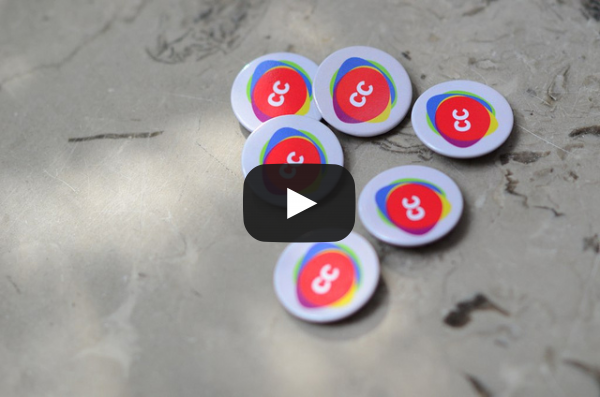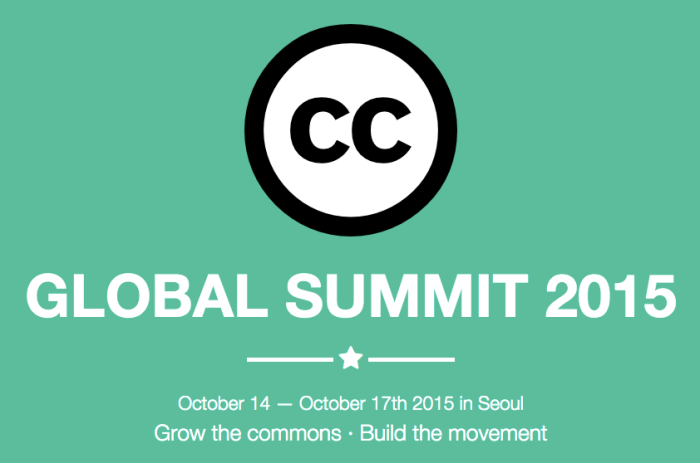CC’s first-ever Kickstarter campaign — join us!
mercredi 15 juillet 2015 à 16:26
CC Summit 2011 Warsaw by Kristina Alexanderson, available on Flickr, licensed CC BY 2.0.
This is an ambitious project. Over the course of the year, our plan is to find answers to the question we are so often asked — how can creators make money to sustain what they do when they are letting the world reuse their work for free?
To do this, we will find and profile 24 businesses, creators, and organizations that are successfully using Creative Commons. We will tell their success stories, but we also want to go a step further to reveal strategies that other creators can use for their own endeavors. Ultimately, we will put our findings together in an ebook, and we will publish an interactive tool that people can use to develop and evaluate their own open business models.
Along the way, we’re going to conduct an experiment in working in the open. We’ll be publishing regularly on one of our favorite storytelling platforms – Medium (who also happens to use CC licenses, and is one of the businesses we will profile in the book). We’re thinking of our Medium publication, Made with Creative Commons, as a digital whiteboard. There, we’ll share insights as we go, try out new ideas, and we’ll openly discuss obstacles we face, questions we have, and issues we are mulling. Our hope is that the process of researching, analyzing, and writing the book will be truly collaborative and open.
In fact, this Kickstarter campaign is itself a case study of an open business model. Crowdfunding has become a tried-and-true method to fund creative works in the digital age. In many ways, it’s an ideal open business model because it requires creators to think about building community from the start, rather than letting it be an after-thought. We see this Kickstarter as a great chance to get people interested and involved in our work.
We have set a realistic but ambitious goal to fund the whole project, but like all Kickstarters, if we don’t hit the target, we don’t get any of the funds. It’s all or nothing, so we need your help.
Momentum really matters with crowdfunding. Help us start strong by supporting the CC Kickstarter now and by spreading the word among your networks. Help us show the world how Creative Commons can be good for business — and maybe even start one of your own.

